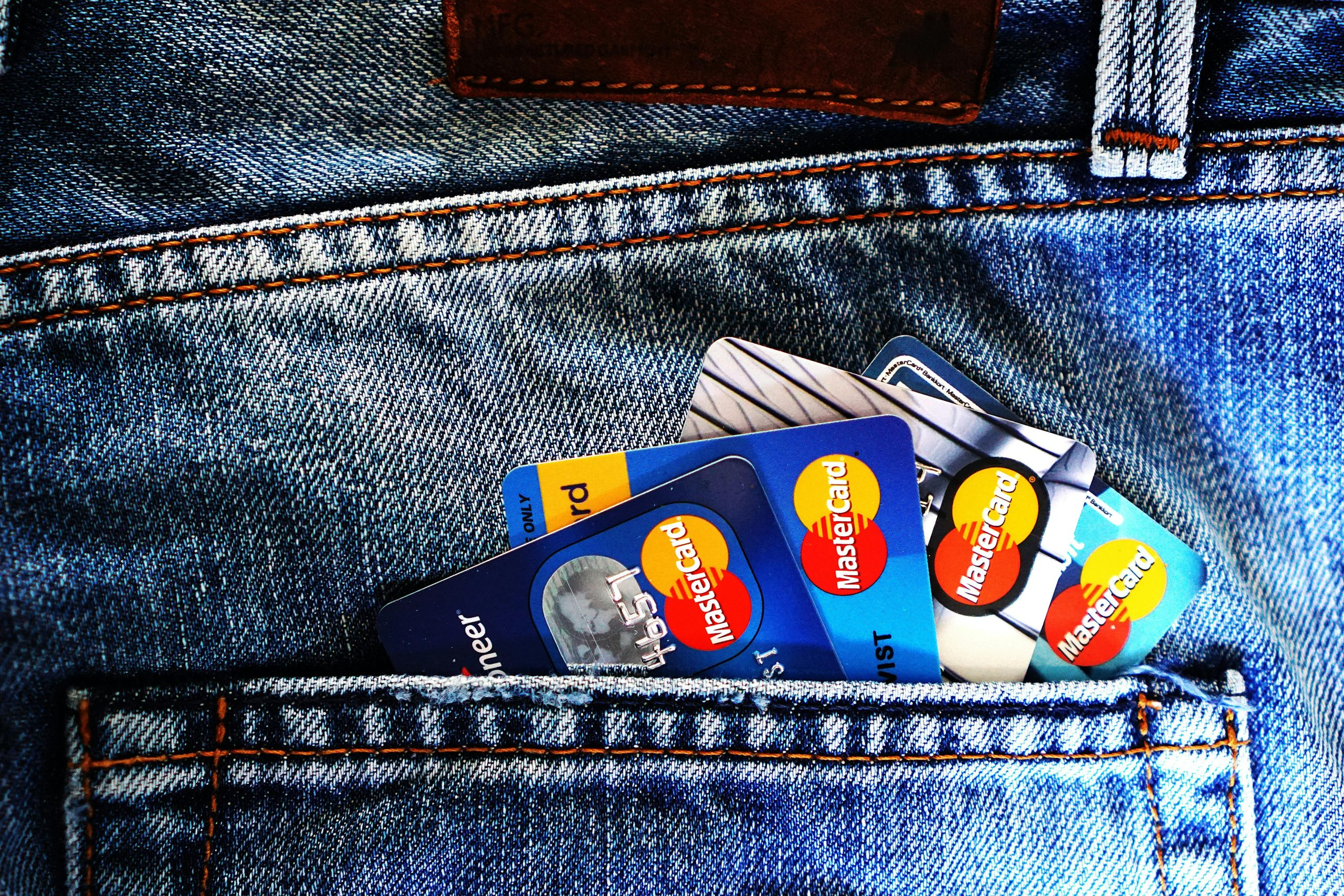Simple Ways to Reduce Your Dependence on Credit Cards
Are you tired of being buried in credit card debt? Maybe you’re struggling to pay off high interest rates or just want to regain control of your finances. Whatever the reason, reducing your dependence on credit cards is a wise decision for your financial health. With a few simple strategies, you can break away from the cycle of credit card reliance and pave the way for a more stable financial future. In this article, we’ll discuss some effective ways to minimize your dependence on credit cards and take back control of your money.
Understand Your Spending Habits
The first step to reducing your reliance on credit cards is to take a close look at your spending habits. This includes understanding where and how you spend your money, as well as identifying any areas where you tend to overspend. To get a clear picture, gather your credit card statements and categorize your expenses into different groups such as groceries, dining out, entertainment, and so on. This will help you identify which areas you can cut back on and how much you can realistically reduce your credit card usage.
Create a Budget
Once you have a better understanding of your spending, it’s time to create a budget. This will help you stay on track with your finances and avoid overspending. Start by listing your fixed expenses like rent, utilities, and groceries, and then allocate a realistic amount for variable expenses such as entertainment and shopping. Stick to this budget and adjust it as needed to accommodate any changes in your income or expenses. By doing so, you’ll be less tempted to turn to credit cards to cover unexpected expenses.
Build an Emergency Fund
One of the main reasons people rely on credit cards is because they don’t have any savings to cover emergencies. To break this cycle, it’s important to build an emergency fund. Aim to save at least three to six months’ worth of living expenses in case of unforeseen circumstances such as job loss or unexpected medical expenses. Having this safety net will give you peace of mind and reduce the need to rely on credit cards in times of crisis.
Use Cash or Debit Cards Instead
Another way to reduce your credit card dependence is to replace them with cash or debit cards. This can help you stick to your budget and avoid overspending. When you use cash or debit, you are forced to work within the limits of what you have available, unlike with credit cards where you can keep spending until you reach your credit limit. Additionally, using cash or debit cards can also save you money in the long run by avoiding interest and other credit card fees.
Avoid Impulse Purchases
We’ve all been guilty of making impulse purchases and later regretting it. To avoid these financial pitfalls, try to resist the urge to buy items on a whim. Instead, take some time to think about whether you really need the item or if it’s just a fleeting desire. You can also make a list of things you want to buy and give yourself a cooling-off period of a few days before making the purchase. This will help you make more rational and financially responsible decisions.
Find Alternative Ways to Boost Your Income
If you find yourself constantly relying on credit cards to cover your expenses, it may be time to explore other ways to boost your income. This can be through a side hustle, taking on extra hours at work, or selling unwanted items. By increasing your income, you’ll have more money to put towards paying off your credit cards and ultimately reduce your reliance on them.
Be Mindful of Your Credit Utilization Ratio
Another factor that affects your credit score is your credit utilization ratio, which is the amount of credit you’re using compared to your credit limit. A high ratio can negatively impact your credit score and make it harder for you to obtain credit in the future. To maintain a healthy credit utilization ratio, aim to keep your credit card balances below 30% of your credit limit. This will not only help improve your credit score but also reduce the total amount of debt you have on your credit cards.
Final Thoughts
Reducing your dependence on credit cards may not be easy, but it’s a crucial step towards financial stability. By understanding your spending, creating a budget, building an emergency fund, and finding alternative sources of income, you can break away from the cycle of credit card reliance and regain control of your finances. Be mindful of your spending habits, avoid impulse purchases, and strive to pay off your credit card balances in full every month to see long-term results. With determination and discipline, you can minimize your dependence on credit cards and achieve financial freedom.










